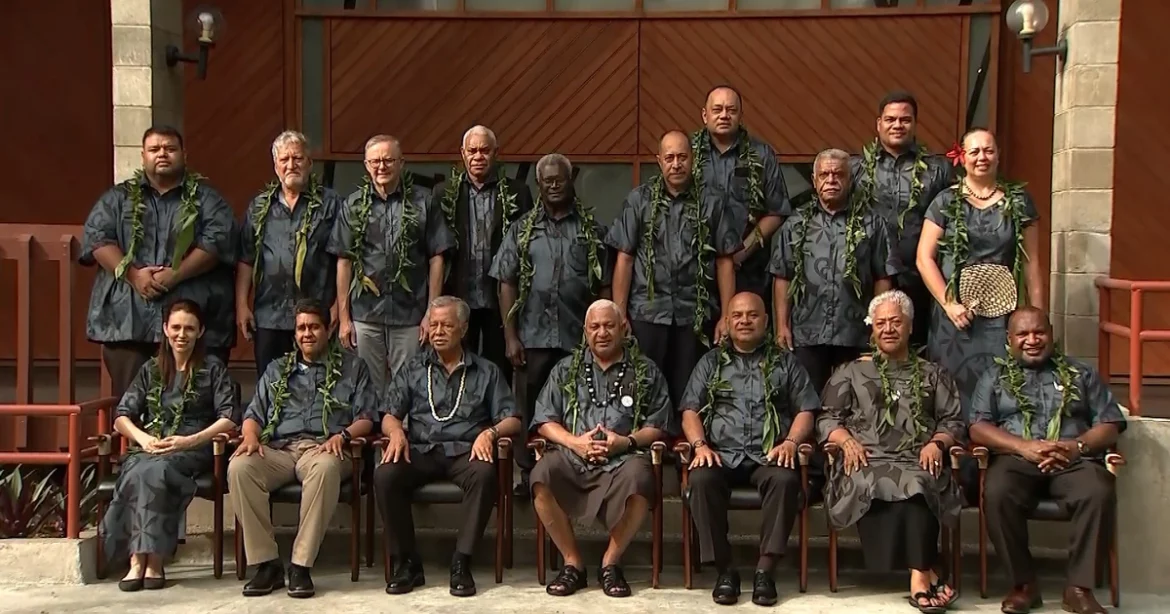Leaders of Pacific Island nations have declared climate change an emergency and reached an agreement to try to bring Kiribati back to the region’s main diplomatic grouping.
Recall that Kiribati announced that it had withdrawn from the 18-member Pacific Islands Forum ahead of a leaders’ summit in Fiji this week, a move which was seen as a sign of China’s growing influence in the region.
In a communique which will be released soon, the leaders “welcomed and fully supported” the new Australian government’s commitment to the forum’s climate change priorities, Australian Associated Press reported after seeing the document.
Read also: UN envoy says Cop27 summit must focus on adapting to climate change
Being the wealthiest and most populous of the forum nations, Australia has since committed to reducing greenhouse gas emissions by 43% below 2005 levels by the end of the decade under a new government elected in May.
The previous Australian government had also committed to reductions of only 26% to 28% by 2030. But a clause in the communique urges all forum nations to deliver “clear progress on turning pledges and commitments into action” consistent with containing global warming to 1.5 degrees Celsius (2.7 degrees Fahrenheit).
According to reports, Australia’s current targets of a 43% reduction by 2030 and net zero by 2050 fall short of that aspiration. But the leaders, many of whom are confronting an existential threat from a warming planet, consider climate change their greatest security risk and declared a climate emergency.
Fiji Prime Minister Frank Bainimarama, who presided over the summit, urged Australian Prime Minister Anthony Albanese to take further action.
“Australia’s new climate pledge is a step-up that Fiji has long sought — but out of the duty I owe every young person in the Pacific, I have urged @AlboMP to go further for our family’s shared future by aligning Australia’s commitment to the 1.5-degree target,” Bainimarama posted on his Twitter page.
Story was adapted from ABC News.
